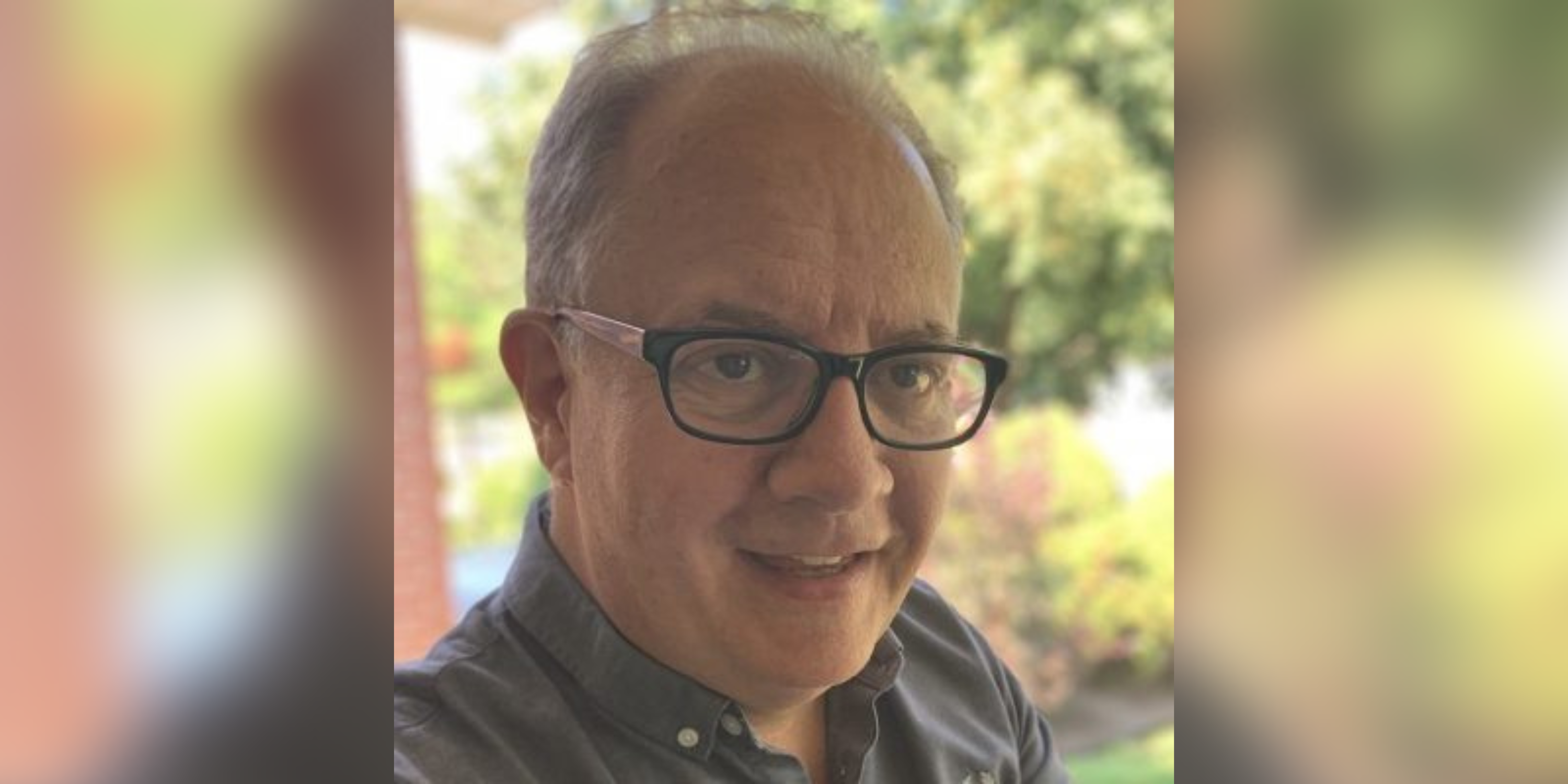you mean that your doctor didn’t even take it that far?
he did not touch my neck. he didn’t do blood work. he didn’t do imaging. he just had every excuse as to why i was feeling this way apart from actually looking to see if there was something medically wrong.
what did that feel like, when someone finally said that something is wrong here?
i’ve had a lot of time to think about this, since my initial diagnosis was seven years ago. initially, i was very angry and scared, of course, finding out that it was cancer. but there was also a lot of relief that came along with it and closure to some degree because i wasn’t making this up in my head. i finally had an answer, even though it’s not an answer i would have wanted to get, it was an answer. it was also validating to have somebody actually listen to me and hear my experience and take value in the fact that i understand my own body.
i was diagnosed three days after my 20th birthday. the process started when i was 19, but the actual diagnosis was when i was 20.
when you’re 20, how do you cope with that sort of diagnosis?
you don’t (laughs). probably not in the most effective way that i could have dealt with it, looking back.
i found out on a friday and that night i drove to cochran, ontario for a wedding with all of my family. i didn’t tell anybody – i spent three days up there holding onto this so i didn’t ruin the wedding, so to speak. then i started to explore it a little bit more and do some online research about it, which was a terrible idea. i withdrew a lot.
 16 minute read
16 minute read








